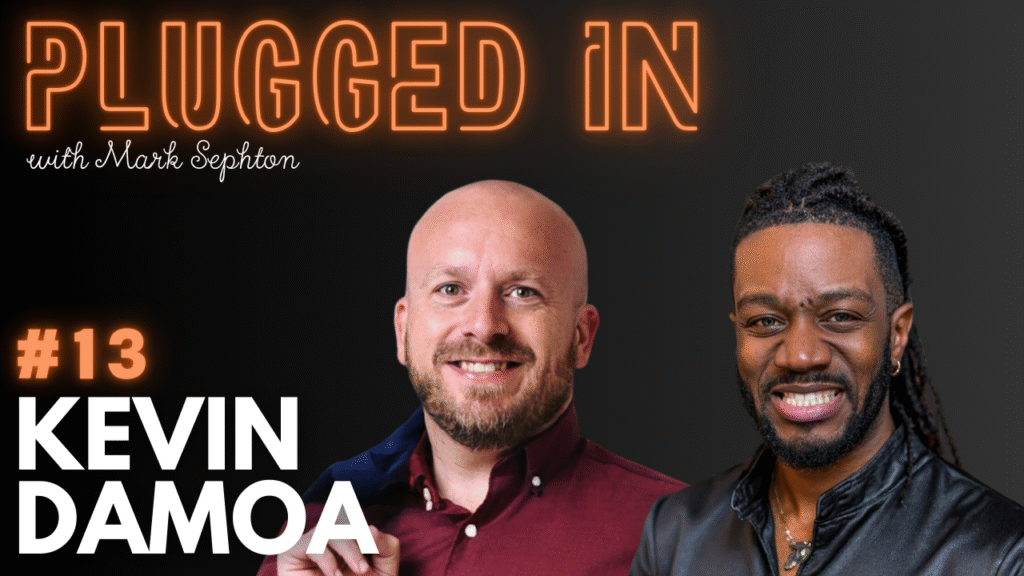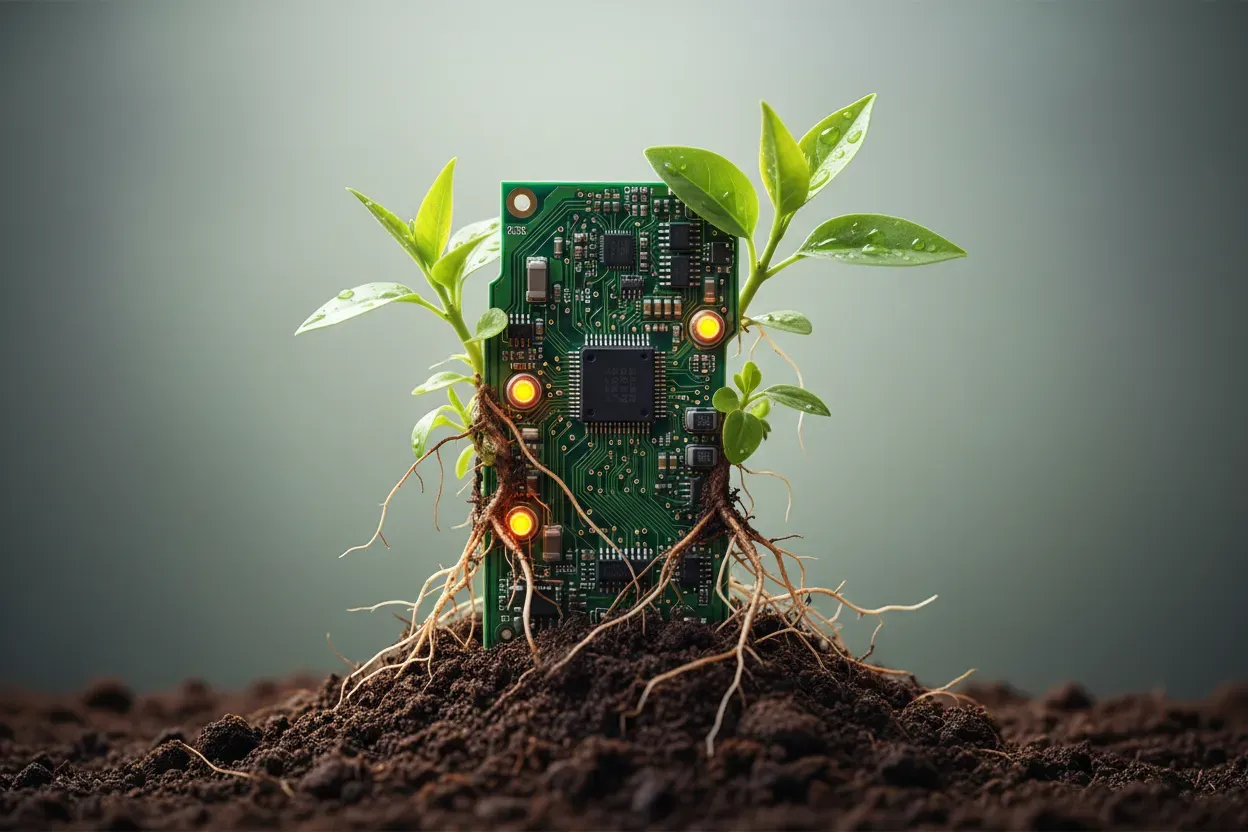Freight has always been the invisible backbone of global commerce. Goods move from factories to ports to shelves through a web of trucks, trains, and terminals that most people never notice. Kevin Damoa, founder and CEO of Glid, has spent more than two decades inside that system, and he believes it is long overdue for a transformation.
Glid was created to solve a problem Damoa first encountered as a 17-year-old serving in the U.S. Army. The inefficiency of transferring cargo between roads and rails, known as transloading, has hardly changed in a century. Today, it remains a costly, slow, and fragmented process. Damoa’s solution is to merge the truck, the train, and all of the steps in between into one seamless system powered by electrification, autonomy, robotics, and AI.
Where traditional freight divides each stage of the journey into different services and fees, Glid consolidates the entire process under one cost. The company’s autonomous road-to-rail vehicles eliminate redundant handoffs, reducing congestion, delays, and hidden margins that often drive up prices for businesses and consumers. By simplifying the movement of goods, Glid cuts costs and makes the supply chain more transparent and accountable.
The company is already piloting its technology with Mendocino Railway, showing how short-line railroads can benefit from advanced automation. These regional providers are critical to small towns and municipalities, but many lack the infrastructure of major carriers. Glid’s model offers them a path to remain competitive while modernizing service for rural communities.
Damoa’s perspective on freight is shaped by two pivotal experiences: the structure of military logistics and the audacity of aerospace innovation. The Army showed him the discipline required to keep supply chains moving under pressure. His time at SpaceX proved that boundaries can be tested and that even the hardest problems can be reimagined with first-principles thinking. Glid embodies both lessons, combining disciplined execution with bold ambition.
Although Glid is deeply technical, Damoa insists that people remain at the center of its mission. The company’s growth has been fueled by building a team of engineers, investors, customers, and advisors who share a belief in the vision. In his view, technology alone cannot drive change. It takes communities of people who are willing to commit their time, resources, and trust to make new systems real.
Freight is a massive global industry and one of the slowest to evolve. Most attempts at modernization nibble at the edges with small gains in autonomy or electrification. Glid is attempting a larger bite by redesigning the entire road-to-rail interface at scale. By tackling the system as a whole, the company aims not only to capture market share but also to set a new standard for how goods should move in the twenty-first century.
While Glid is beginning its rollout in the United States, the vision extends far beyond. Many resource-rich regions in Africa, Australia, and the Middle East suffer from limited rail infrastructure that constrains their economic potential. By deploying Glid’s technology in these markets, Damoa sees an opportunity to unlock growth, lower costs, and create sustainable logistics networks where they are needed most.
Glid is more than a logistics company. It is both hardware and software, with autonomous gliders supported by Ezra 1.6, the company’s software suite designed to optimize speed, safety, and efficiency. The name Ezra comes from a biblical verse about rebuilding a community, a fitting metaphor for how Damoa views infrastructure. Freight is not just about moving goods. It is about rebuilding the backbone of society so that essentials, from food to medicine, remain affordable and accessible.
Glid’s mission is ambitious yet simple. The company is working to rebuild freight into a system that is faster, fairer, and more sustainable. If successful, it could reduce hidden costs in the supply chain, support struggling railroads, and reshape how goods move across the globe. For Kevin Damoa, this is more than logistics. It is about restoring trust, efficiency, and humanity to the systems that power the world and proving that even the most entrenched industries can glide into a new era.
Want more Plugged In? Read more or listen on Apple Podcasts.









